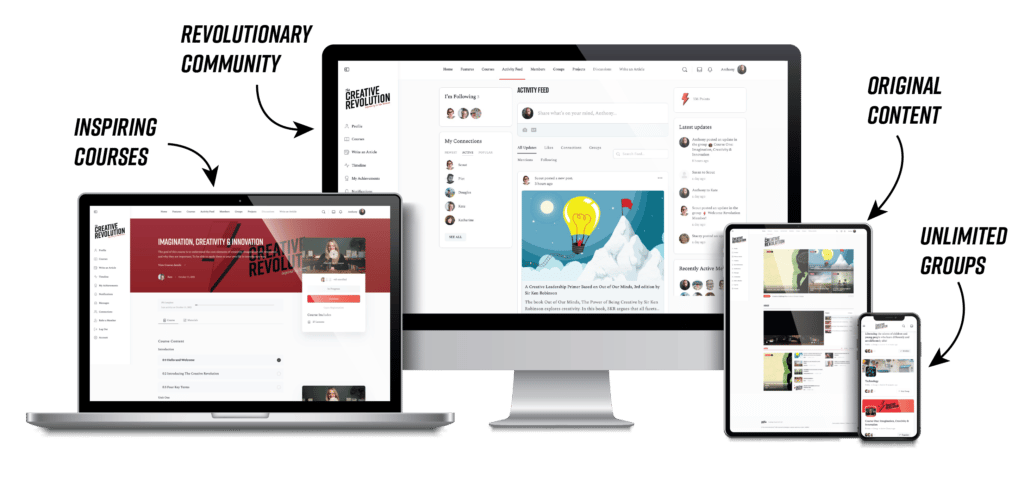Do you remember Tamagotchis? They were the first, properly demanding digital diversions that inveigled their way into my classroom. Released by Bandai in the early 1990s, these seemingly innocuous, electronic creatures demanded regular feeding, attention, play and care. They also ‘died’ if you didn’t give them what they wanted.
Tamagotchi’s swept the globe with total sales, as of 2017, in excess of 82 million units – that’s roughly the same as the population of Germany. The success garnered inventors, Aki Maita and Akihiro Yokoi, a beautifully ironic ‘Ig Nobel’ Prize for Economics, for “diverting millions of person-hours of work into the husbandry of virtual pets”.
As a young teacher in Singapore, working hard to retain the gnat-like attention span of some especially slack students, I banned Tamagotchis outright. My lockable desk-drawer became a ‘point-of-no-return’ for the little plastic critters. At the time I was surprised that students were actually upset about my several acts of ‘Gotchi-cide’. I was, apparently, “A monster” because I couldn’t understand the point of working for, and caring so deeply about, such a flat, little, imaginary ‘life’. The craze eventually fizzled out, as crazes do, but something always bothered me about the addictive nature of the Tamagotchi and the subsequent emotional fallout.
Adam Atler’s excellent book “Irresistible” finally shed some light on this. It turns out that Maita and Yokoi’s genius lay in exploiting the human propensity for fallacious thinking to keep players returning to the game. Atler explains games like these as examples of ‘The Sunk Cost Fallacy” ( The erroneous belief that something has value, because significant time, effort and resources have been invested in creating it). The problem is that abandoning a ‘Sunk cost’ hurts. This applies equally well to Tamagotchis, FarmVille, Snapchat streaks, bad businesses and failed marriages. We feel we have made such a serious investment in terms of time, energy and attention, that stepping away is perceived as a real loss, when in actual fact it might be a benefit.
I almost mourn the demise of the relatively innocent Tamagotchi. Today we have far greater compulsions to deal with. The designers of our media experiences have become increasingly adept at using our neurochemistry and psychology to hook our attention, monopolise our time and monetise our consciousness. CandyCrush, PokemonGo and PubGmobile are all far more powerful than their predecessors.
Not even TV is straightforward these days. I felt quite smug about not falling into the gaming trap until I read Atler on;
‘The Zeigarnik Effect’
Humans have low tolerance for uncertainty in the form incompleteness – We hate cliffhangers and crave resolution.
and…
‘Ludic Loops’
A repetitive pattern of incompleteness, completeness and new incompleteness. A soap-opera series of cliff-hangers.
This is Netflix! A double-whammy of deviousness which, when combined, suckered me into binge-watching all of ‘Breaking Bad’ – and I loved it! It was eight-nine percent pure ‘pixel meth’ and I hoovered it up with the all the alacrity of an addict.
Therein lies the danger. When offered the choice between an activity that is ‘high-effort and low reward’ (Reading an article) or one that is ‘low-effort and high reward”(Trawling Youtube for otters on skateboards). We have to exert will-power to do the less desirable but, hopefully, more useful task.
You can test your willpower by not clicking on the adorable Kotaro.
Who won? You or YouTube?
Game and media designers know more than most about the way our minds work. As a result, I seem to be spending more and more time counselling students about their three-day Fortnite binges, their bleary, red eyes, their explosive outbursts when denied access to Wi-Fi, and their belief that technology and connection is a right, rather than a privilege. When we remove Wi-Fi or screen access from an addicted teen, the ensuing, door-slamming rage and snotty, crying jags that accompany digital disempowerment should tell us all we need to know about the reality of addiction.
I have encountered plenty of parents who “Don’t know what to do” but are unwilling to go to war and control their child’s access to online content. Why? Because there are fringe benefits to having quiet, compliant kids. A quick Google search of “iPad holder for children” makes for alarming viewing. It is easy to tranquillise a demanding young child with a heady cocktail of their own dopamine, oxytocin and serotonin, but it comes at the price of dislocation, diminished social skills, obsessive behaviour and countless hours of sunk cost thinking, as they build their castles in the sky. Plenty of people will disagree with this and claim that the mode of socialisation has shifted, but if , as a young person, you can’t operate successfully in ‘meat-space’, you have an impoverished skill set.
If you talk try to talk anyone under the age of fourteen who is in front of a screen, it’s very likely that you’ll be told to “Wait”. Imperative verb, the sub-text of which is “What I am doing right now is far more consuming than whatever you have to say”. If you do wait, you can be there for a very long time while they complete whatever it is they’re doing and decide to grant you the courtesy of some genuine human communication. I’ve just started noticing that this also happens in the absence of screens. The opening conversational gambit, the ‘starting move’ of many of my students is ‘Wait’.
It’s not just the kids. We are all in danger of becoming powerless in the face of such technological sophistication. We don’t always see it for what it actually is. Times have changed and changed fast, and I don’t believe that education is braced for the impact of the next generation of ‘Screen-babies’.
Atler asserts that “Technology has weaponised temptation”. The insight is jaw-dropping! If you can have whatever makes you feel great, at the touch of a screen, what is your incentive to do anything else? I’m reminded of Marilyn Manson’s observation “If you give people enough of what they want, they will kill themselves with it”. We have been steadily conditioned into compulsive habits, just like the unfortunate junkie rats in Olds and Milner’s 1950’s ‘stimulus-reward’ experiments. Technology has already trained us to push those shiny buttons for rewards. We fall effortlessly into flow-states and are held there, even though the effects can be detrimental. We are self-medicating on our own neurochemistry, on an epic scale.
As an educator I am becoming increasingly ill-at-ease with the power that social media and gaming has over our young learners. I’m no Luddite, you won’t catch me hurling wooden clogs into the machines. I find technology, used well, incredibly useful. I’m using it right now, to read and write, research and find otters. I’m no saint either. I have frittered months, possibly years, of life away on Facebook, YouTube and Twitter.
My point, ultimately is this – If you’re not teaching and learning about the way these technologies work, if you’re not conscious of them, you’re very likely to fall down these ingeniously designed rabbit holes.
To quote Flobots, ‘There’s a war going on for your mind, if you’re thinking, you’re winning”.




